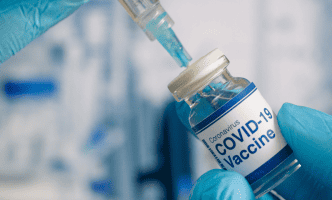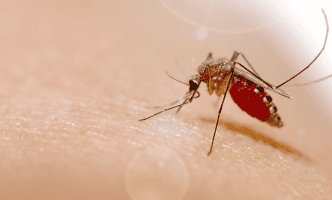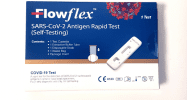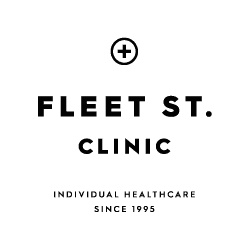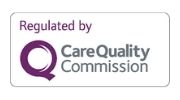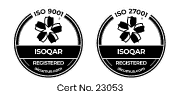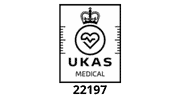Taking care of your health need not be complicated; it involves looking after your body and mind consistently throughout the year - whether in sickness or in health.
We provide convenient and empathetic private healthcare services focused on prevention, rapid diagnosis and treatment without delay.
Our approach revolves around mitigating your unique risk factors and finding ways to support your current health and well-being. Yearly check-ups, wellness vaccinations, routine sexual health screenings, and preventive care all play a vital role in maintaining good health.
We take pride in delivering same-day care when it is needed, from our team of experienced GPs. With an on-site laboratory and in-house pharmacy at your disposal, diagnosis and treatment seamlessly coexist within our facilities.
Secure your health for the future by investing in it today.

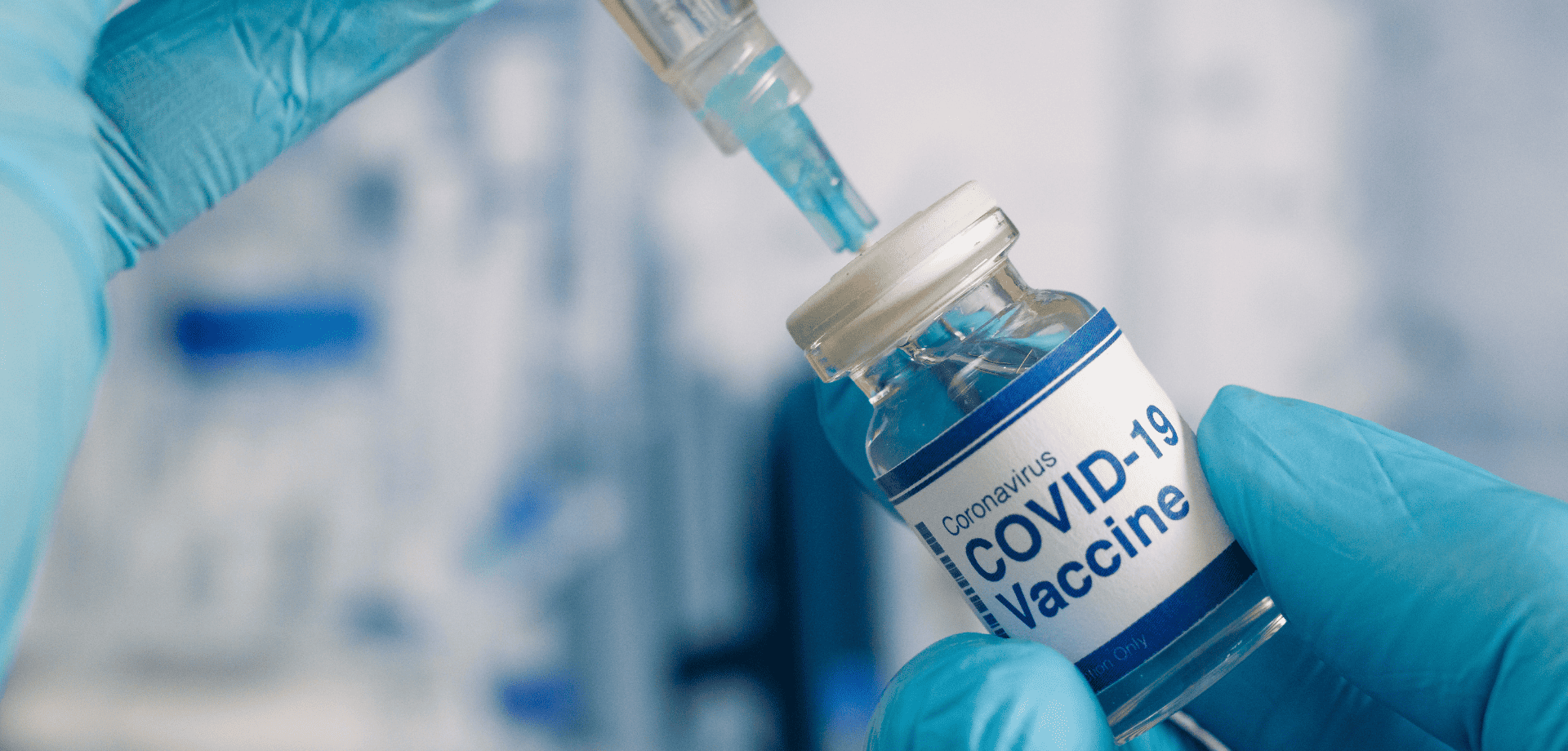








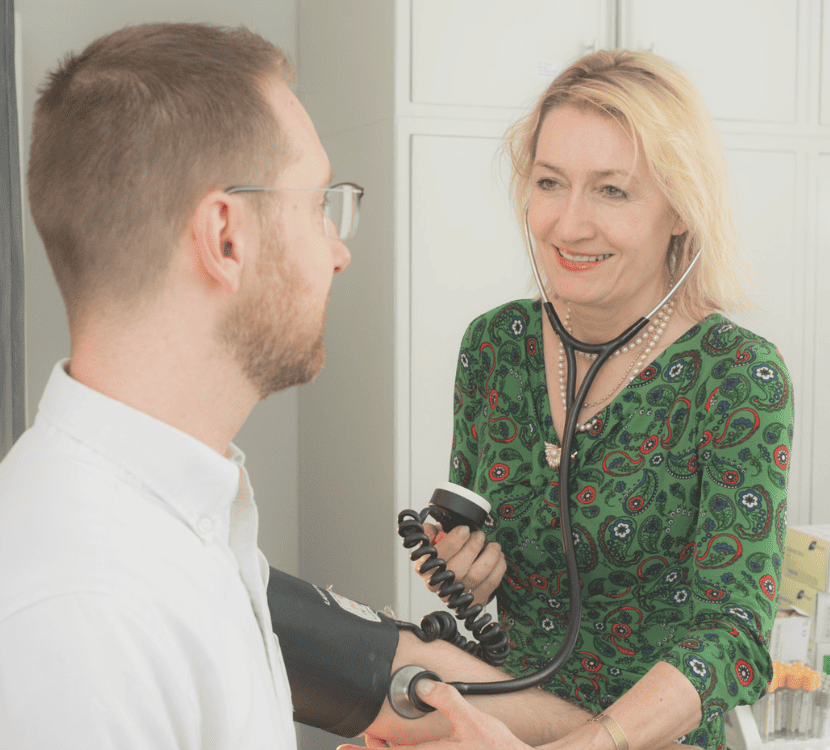
 Same-day Appointments
Same-day Appointments
